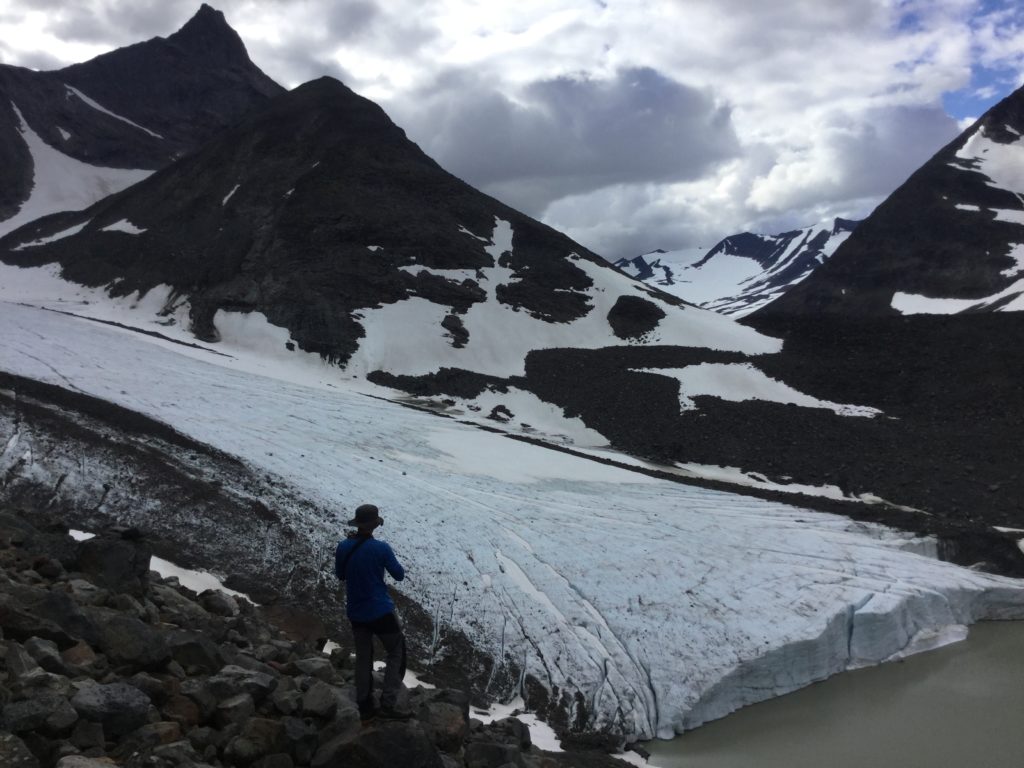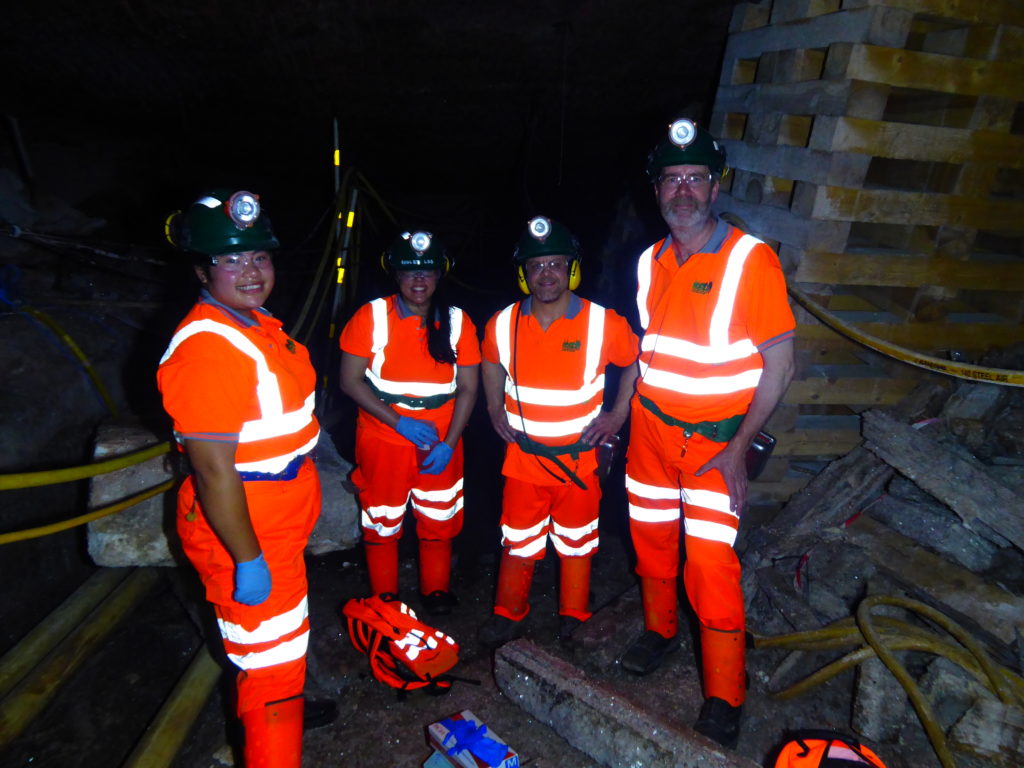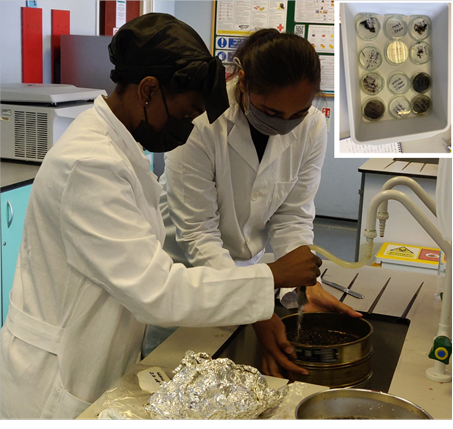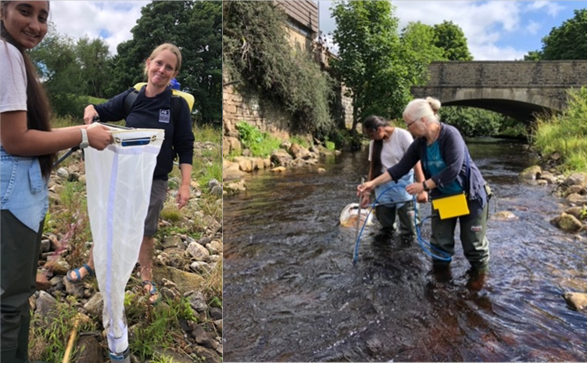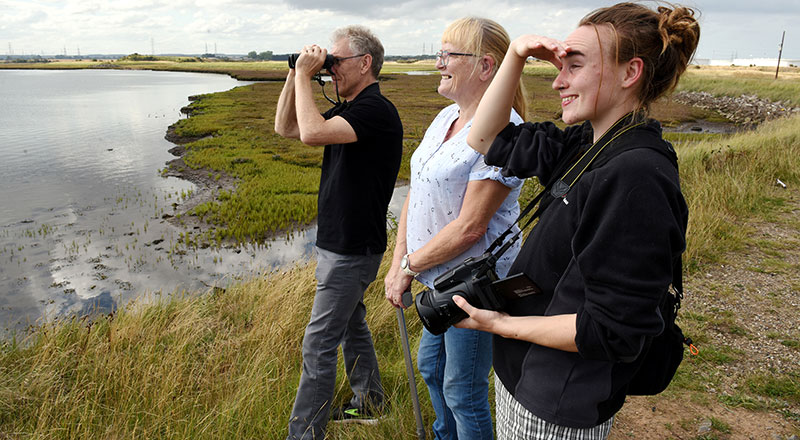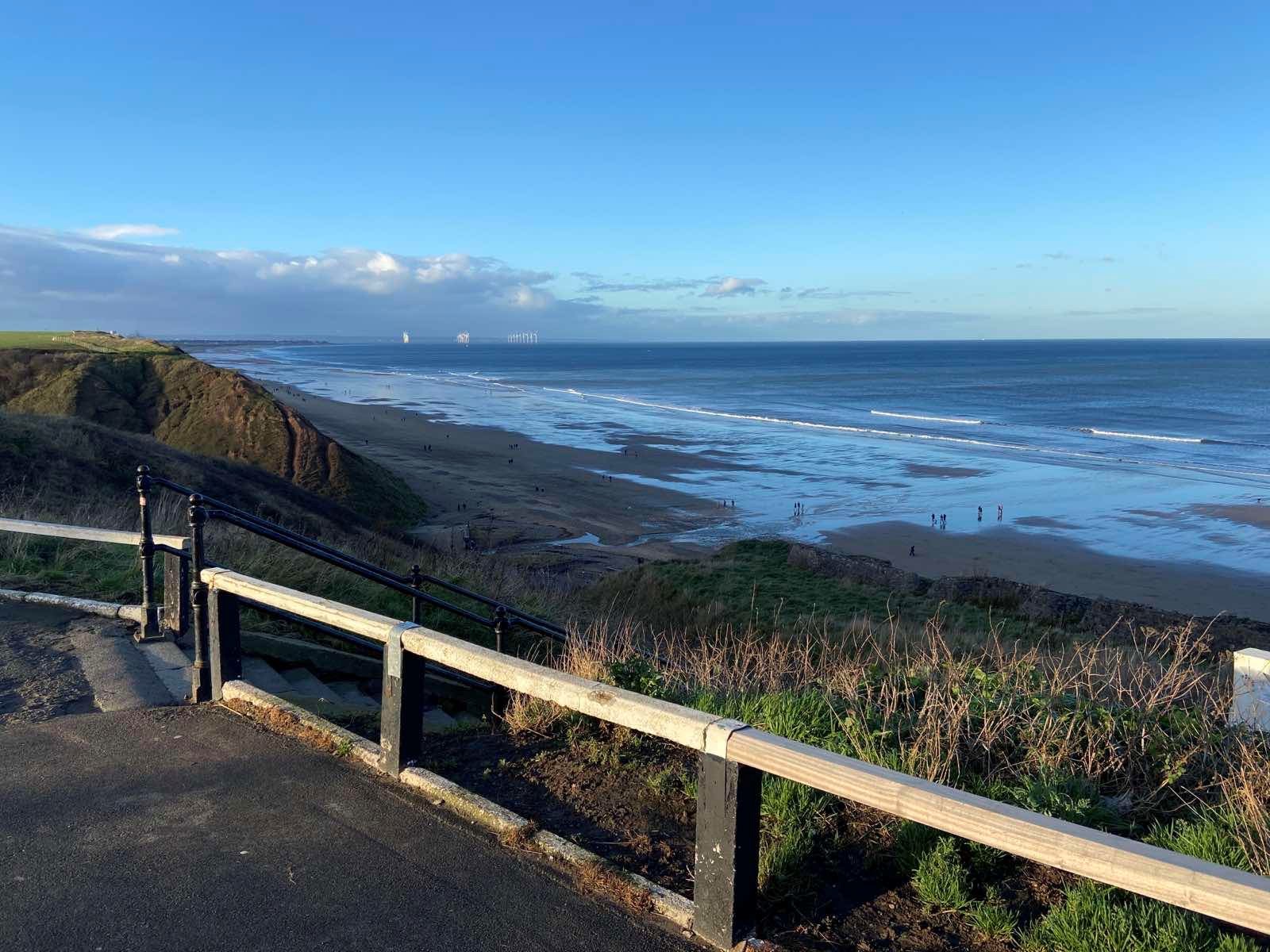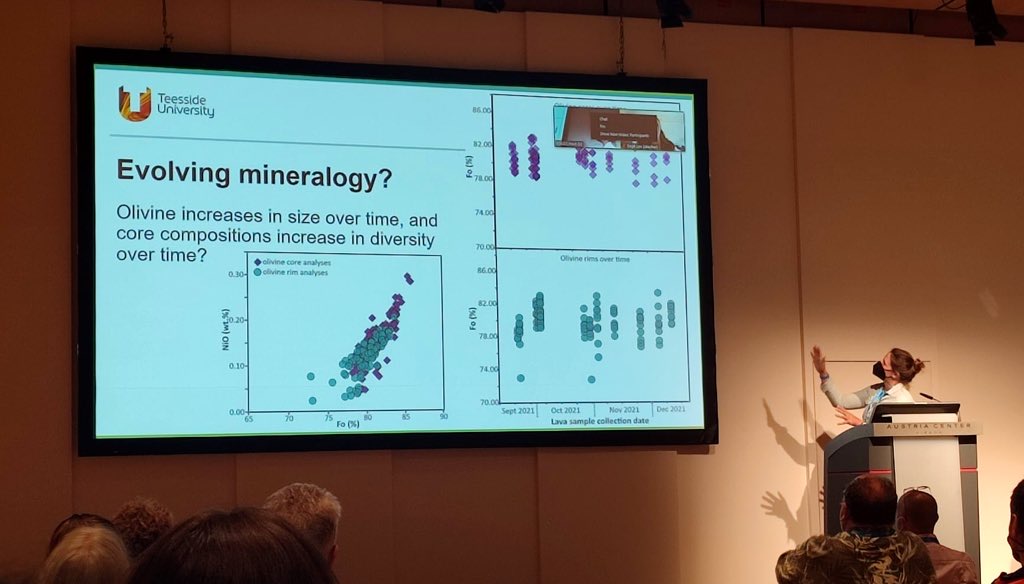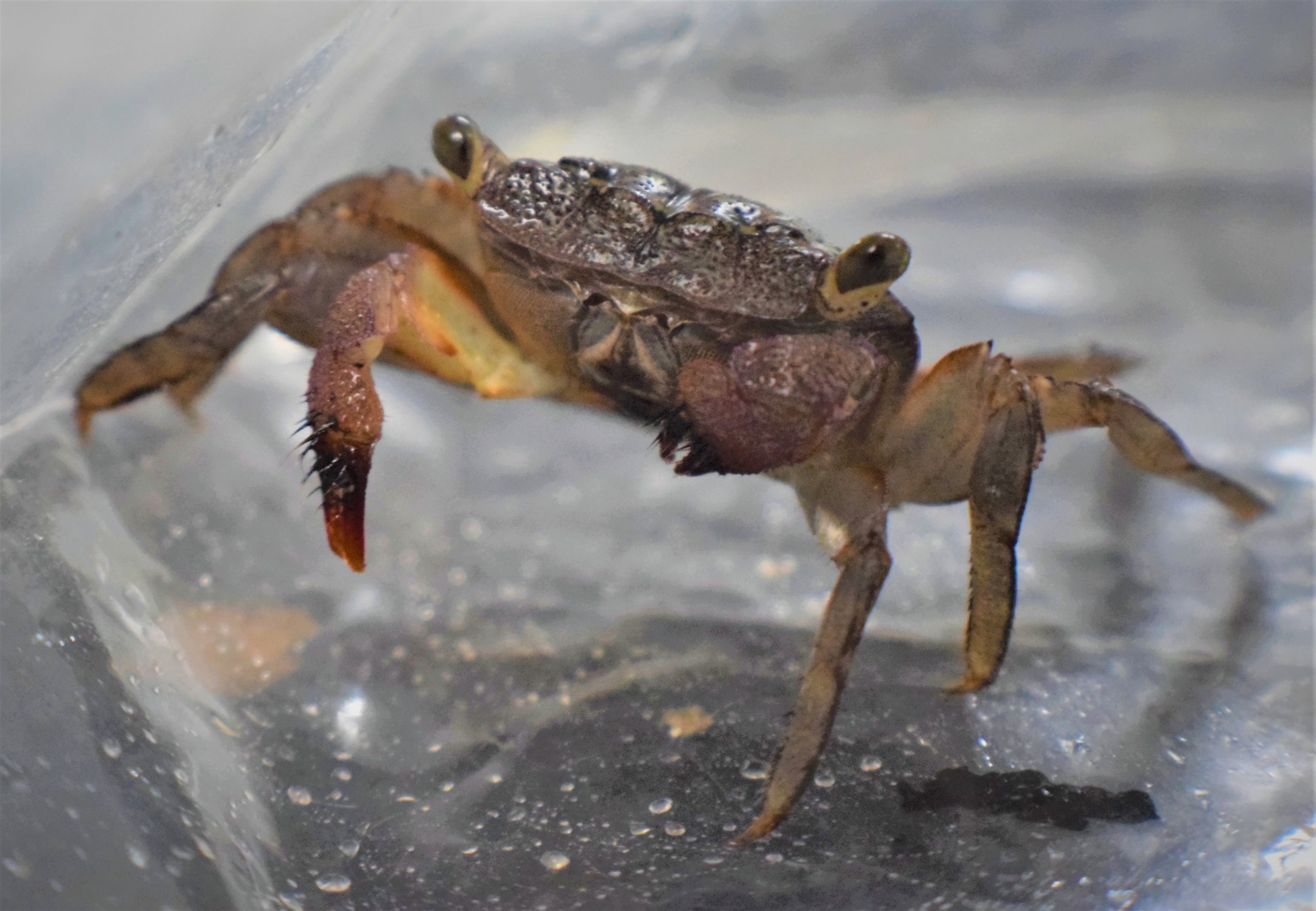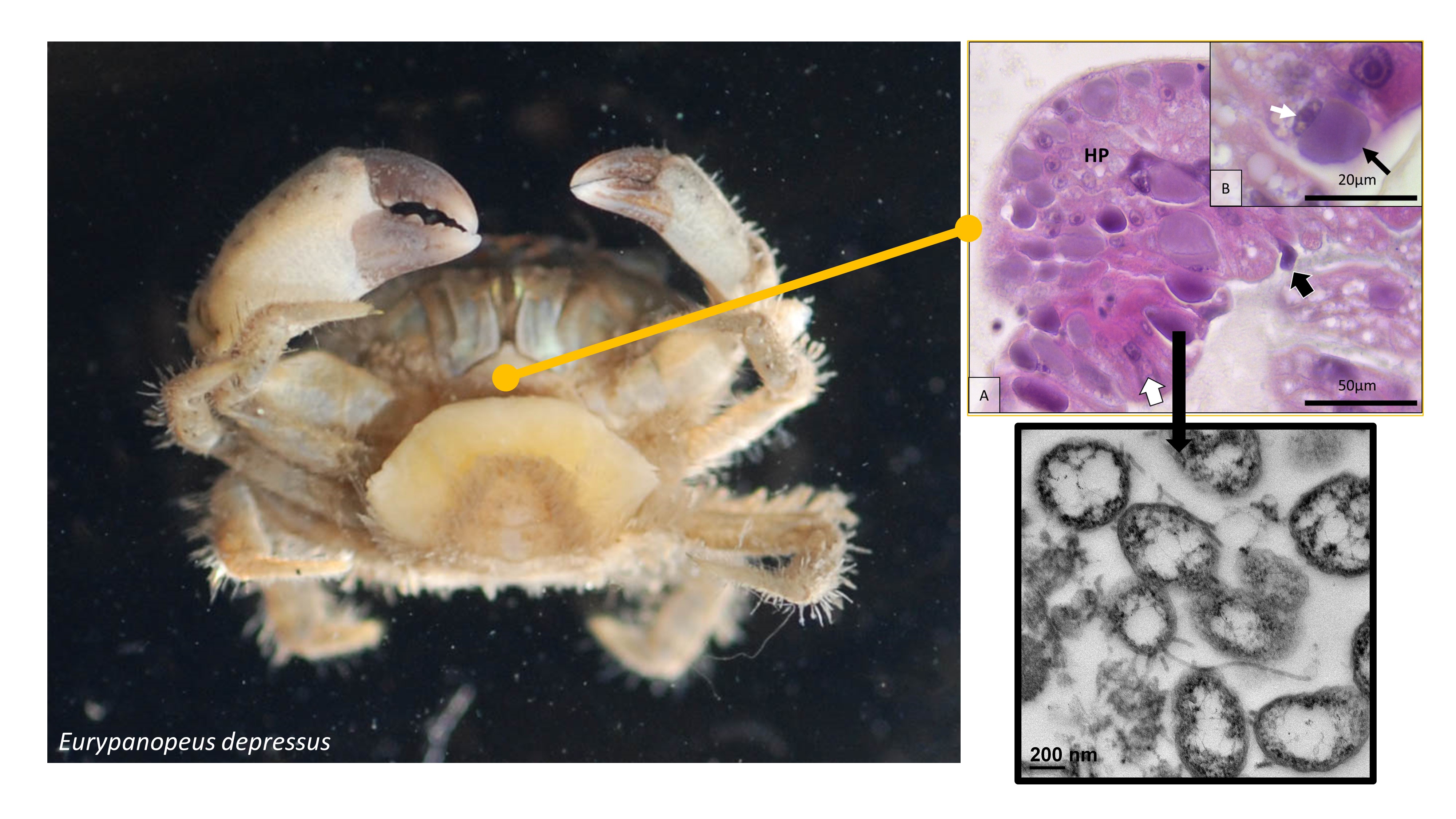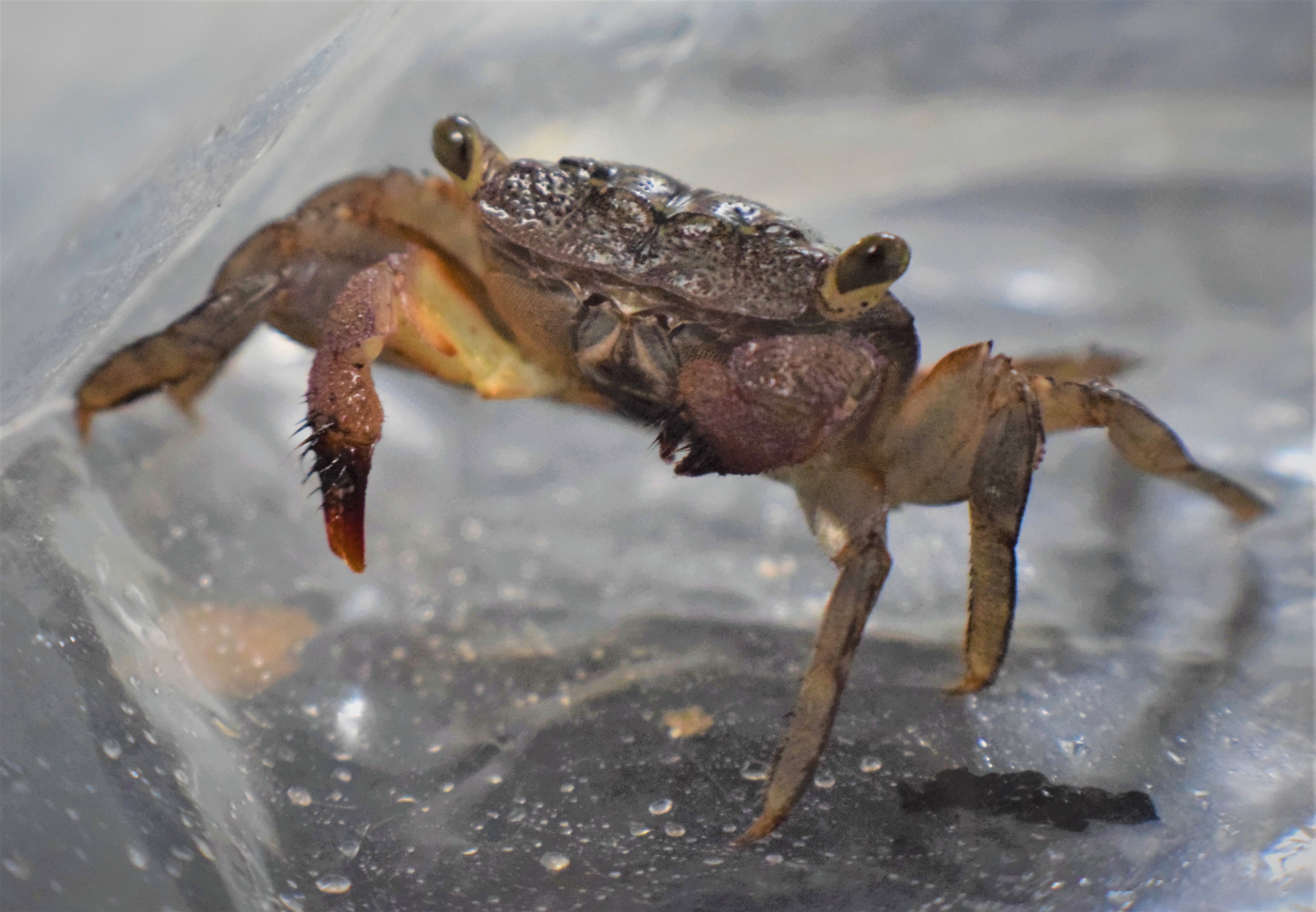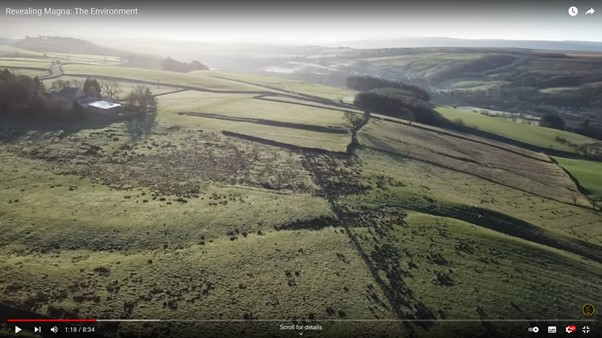Dr Vera Jones (Associate Director & Water Quality Technical Authority at Atkins | Empower Network co-lead), a regular guest lecturer for our postgraduate courses (MSc in Environmental Management and MSc in Ecology and Conservation), originally published this opinion piece in Atkins Flood & Coast 2022 Thoughts Leadership magazine. It was recently given even wider readership on linkedin and is reproduced in full below.
“Over the past few years – and particularly during the pandemic – many of us have developed an acute awareness of the environment and come to appreciate the benefits of the natural world for our mental and physical health. As a result, we have collectively developed an understanding of the need to take better care of it. This heightened focus on the environment encompasses an increased interest in water quality: the importance of clean blue spaces in terms of social value, as meeting places for our communities, and key drivers for improving our wellbeing.
“The quality of our water is something many of us take for granted – we drink it, bathe in it, and swim in it without a second thought. While in the UK we are in a privileged position to correctly assume our drinking water is safe, recent media coverage has highlighted that our rivers and coastal waters are not always as clean as we would like them to be [1]. We have been reminded that storm water combined with sewage sometimes spills into watercourses to prevent the sewerage system from being overwhelmed; a fact that has drawn our attention to the fragility of our water environment in an increasingly populated planet. The water industry is rightly carrying out significant investment across the UK to reduce such spills, while also developing ever-more sophisticated systems to monitor spills and keep the public informed on river and coastal water quality. In parallel, we need to continue to raise awareness of the safety of existing processes and all do our best to protect the quality of our water environment – from ensuring our beaches remain clean to making sure sewage pipe misconnections are reported and corrected.
“Increased public interest in water quality also presents a good opportunity to rekindle the discussion around antimicrobial resistance (AMR), which has been declared by the World Health Organisation as a ‘global health and development threat’ [2]. Although work in this field is still ongoing, sewage could be a potential source of AMR in the water environment, and a number of studies have highlighted the potential for AMR exposure in coastal waters [3]. AMR in the environment is a key topic that requires further exploration and data collection to better assess risks and investigate mitigation strategies.
“The pandemic also shone a light on the resilience of our water and wastewater infrastructure, at a time when enormous shifts in population movement and lifestyle occurred in a short space of time. Not only did our water and sewerage system withstand these changes without any significant hitches; it also served as an important vessel for monitoring Covid-19 hotspots and transmission through a government-led wastewater monitoring programme [4]. This showed just how powerful coordinated and intelligent water quality monitoring and analysis could be, and revealed vast potential to understand and tackle a multitude of issues with the support of investment and cross-industry collaboration. Capitalising on our pandemic experience, expanding our existing water quality monitoring and analysis network could give us the tools to unlock a better understanding of multiple pollutants in our watercourses.
“The fast-changing, post-pandemic world has offered us all a new perspective and the opportunity to re-evaluate priorities. We are collectively more appreciative of the importance of the environment, including good water quality – from our coastal waters to awareness of the threat of AMR, and the importance of a good water quality monitoring framework. We are now seeing significant engagement from the wider public and stakeholders across all aspects of our water environment. As environmental professionals, we need to harness this enthusiasm, bringing together the public, stakeholder organisations, the water industry and government, encouraging everyone to act to preserve our blue spaces and the value they hold – not only for our environment, but for our physical and mental wellbeing as a nation. We have a unique opportunity to use this increased engagement with the natural world to get everyone working together and to communicate important messages that, right now, will be heard.”
[1] For example:
BBC One – Panorama, The River Pollution Scandal
[2]
Antimicrobial resistance (who.int)
[3] Leonard, A.F.C., Zhang, L., Balfour, A.J., Garside, R., Gaze. W.H., 2015. Human recreational exposure to antibiotic resistant bacteria in coastal bathing waters. Environment International Volume 82, September 2015, Pages 92-100
[4]
EMHP wastewater monitoring of SARS-CoV-2 in England: 1 June to 7 February 2022 – GOV.UK (www.gov.uk)
